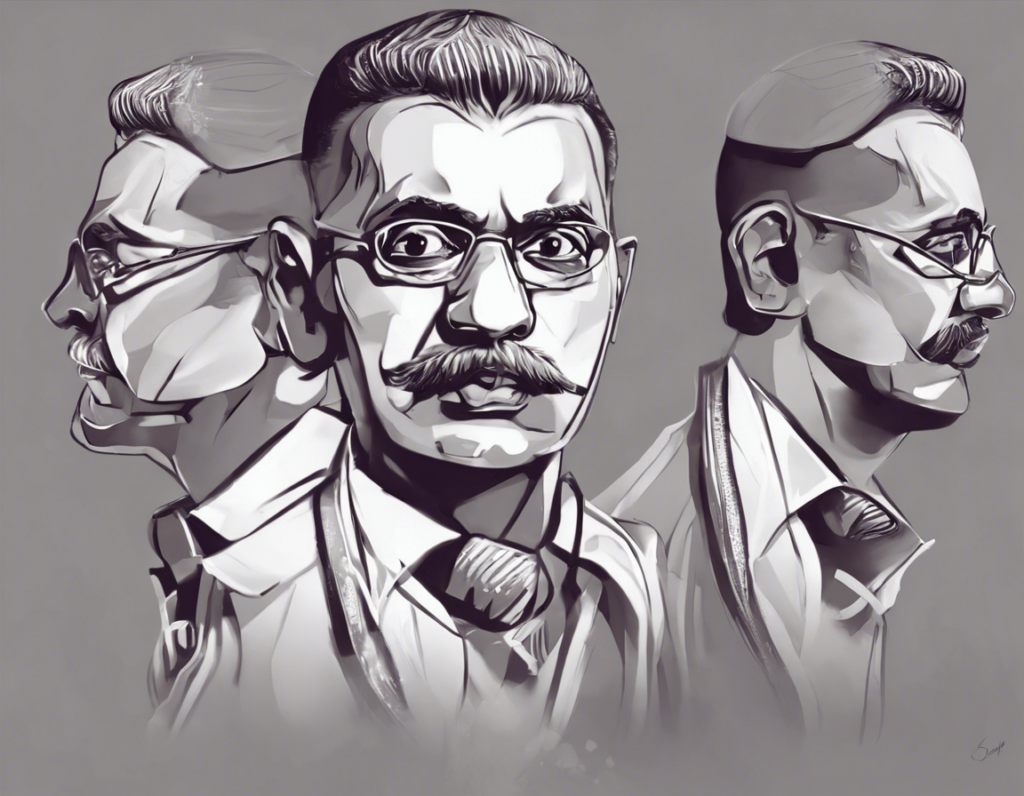Introduction
Sam Hormusji Framji Jamshedji Manekshaw, also known as Sam Bahadur, was one of the most celebrated military generals in Indian history. Born on April 3, 1914, in Amritsar, British India, Sam Bahadur played a pivotal role in shaping the history of the Indian Army. His leadership, strategic acumen, and charisma made him a legendary figure not only in India but also around the world. In this article, we will delve into the life and legacy of Sam Bahadur, highlighting his remarkable career in the military and his enduring impact on the nation.
Early Life and Military Career
Sam Manekshaw was born into a Parsi family in Punjab. His father, Hormusji Manekshaw, was a doctor, and his mother, Hilla, hailed from a well-respected family. Sam Bahadur’s early years were marked by discipline, integrity, and a strong sense of duty, values that would shape his future as a military leader.
In 1932, Sam Manekshaw joined the Indian Military Academy, Dehradun, as part of the first batch of cadets. His excellence in academics and military training earned him the prestigious Sword of Honour, a testament to his leadership potential. Over the years, he honed his skills in combat tactics, military strategy, and leadership, quickly rising through the ranks.
Key Achievements
During his illustrious career, Sam Bahadur led Indian troops in several critical operations and wars, showcasing his brilliance on the battlefield. One of his most significant achievements came during the 1971 Indo-Pak war when he served as the Chief of the Army Staff. Under his command, the Indian Army achieved a decisive victory, leading to the creation of Bangladesh.
Sam Bahadur’s strategic foresight, meticulous planning, and unwavering determination were instrumental in India’s success during the war. His famous quote, “I wonder whether those of our political masters who have been put in charge of the defence of the country can distinguish a mortar from a motor; a gun from a howitzer; a guerrilla from a gorilla, although a great many of them in the past have resembled the latter,” exemplifies his blunt yet effective leadership style.
Legacy and Impact
Sam Manekshaw retired from the Indian Army in 1973, leaving behind a legacy that inspired generations of military leaders. His emphasis on professionalism, ethics, and the welfare of his soldiers set a benchmark for excellence in the armed forces. Even after his retirement, Sam Bahadur remained a revered figure in Indian society, known for his wit, humor, and straightforwardness.
In recognition of his contributions, Sam Manekshaw was awarded the Padma Vibhushan, the second-highest civilian award in India, and the Military Cross for his bravery during World War II. His name is etched in history as one of India’s finest military minds, a true patriot who dedicated his life to serving his country.
Conclusion
Sam Bahadur’s life is a testament to the power of leadership, courage, and integrity. His journey from a young cadet to the Chief of the Army Staff is a source of inspiration for all those who aspire to make a difference. Sam Manekshaw’s indomitable spirit, sharp wit, and unwavering commitment to his nation continue to resonate with people across the world. As we celebrate the age of Sam Bahadur, we honor not just a military hero but a symbol of strength, honor, and excellence.
Frequently Asked Questions (FAQs)
-
What was Sam Manekshaw’s nickname, and why was he called Sam Bahadur?
Sam Manekshaw was commonly known as Sam Bahadur. The title “Bahadur” is an honorific term in Urdu and Hindi that translates to “brave” or “valiant,” a fitting tribute to his courage and leadership on the battlefield. -
How did Sam Manekshaw contribute to the 1971 Indo-Pak war?
As the Chief of the Army Staff during the 1971 war, Sam Manekshaw played a pivotal role in overseeing Indian military operations that led to a decisive victory against Pakistan and the liberation of Bangladesh. -
What values did Sam Bahadur prioritize in his military career?
Sam Bahadur emphasized values such as discipline, integrity, professionalism, and the welfare of his soldiers. These principles guided his decisions and actions throughout his illustrious military career. -
What awards and recognitions did Sam Manekshaw receive for his service?
Sam Manekshaw was honored with the Padma Vibhushan, the Military Cross, and numerous other accolades for his exceptional leadership, bravery, and contributions to the Indian armed forces. -
How is Sam Bahadur remembered in Indian society today?
Sam Bahadur is remembered as a legendary figure in Indian society, revered for his military expertise, wit, and dedication to the nation. His legacy continues to inspire future generations of military leaders and patriots.
In conclusion, Sam Bahadur’s life and legacy embody the virtues of courage, leadership, and selfless service. His impact on the Indian Army and the nation as a whole is immeasurable, making him a timeless icon of valor and heroism.
